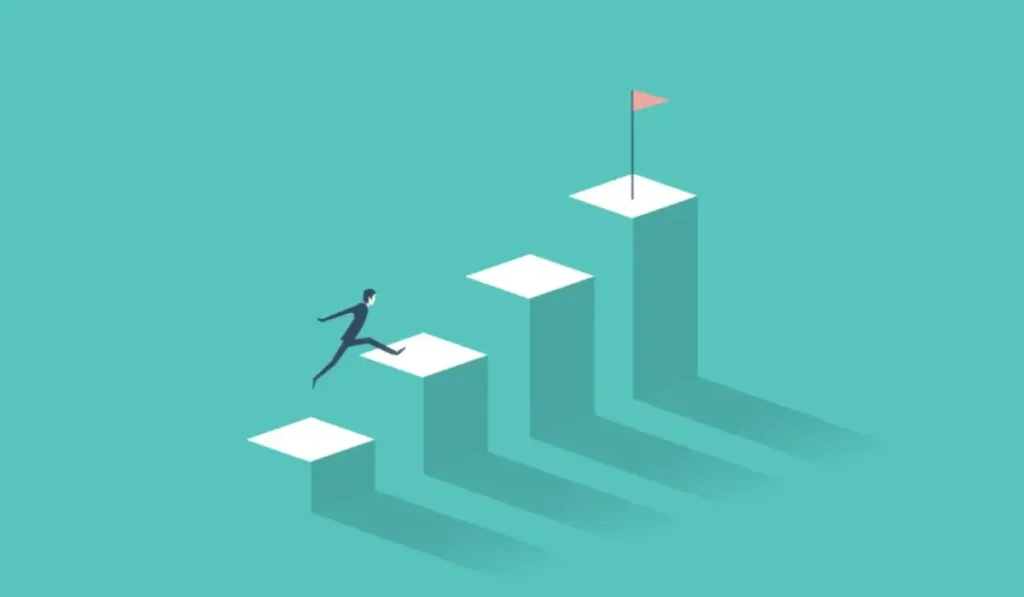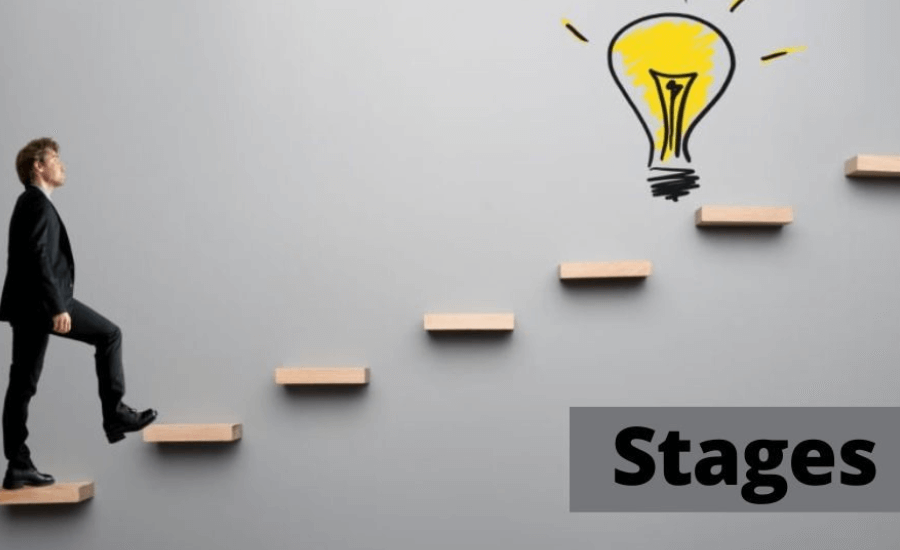Personal growth and success are not destinations but journeys that unfold in stages. Each stage of life presents unique challenges and opportunities, guiding us toward self-discovery, improvement, and achievement. Understanding these stages is crucial for anyone looking to unlock their full potential and navigate the path to success with purpose and clarity.
Stage 1: Self-Awareness – The Foundation of Growth
The first stage of personal growth is self-awareness. This is the foundational stage where individuals begin to understand who they are—their strengths, weaknesses, values, and beliefs. Self-awareness involves introspection, where one takes the time to reflect on past experiences, behaviors, and emotions.
To develop self-awareness, it’s important to:
- Reflect regularly: Journaling, meditation, or simply taking time to think about your actions and feelings can enhance your self-awareness.
- Seek feedback: Engaging with others and asking for honest feedback helps you see yourself from different perspectives.
- Understand your values: Knowing what truly matters to you provides direction and motivation.
Self-awareness is the compass that guides you through the other stages of growth. Without it, navigating the journey of personal development can feel aimless and uncertain.
Stage 2: Goal Setting – Charting Your Course
Once you’ve gained self-awareness, the next stage is goal setting. This stage is about defining what you want to achieve in life—your personal and professional aspirations. Goal setting provides a clear direction and purpose, transforming vague desires into specific, actionable objectives.
Effective goal setting involves:
- Setting SMART goals: Goals should be Specific, Measurable, Achievable, Relevant, and Time-bound.
- Breaking down goals: Large goals can be overwhelming. Breaking them into smaller, manageable steps makes them more achievable.
- Staying flexible: While having clear goals is important, being adaptable and open to change is equally crucial. Life is unpredictable, and being able to adjust your goals when necessary is key to long-term success.
Setting goals gives you something to strive for, turning your self-awareness into concrete actions and achievements.
Stage 3: Skill Development – Building Your Arsenal
With goals in place, the next stage is skill development. This stage is about acquiring and refining the skills necessary to achieve your goals. Whether it’s professional skills, personal habits, or emotional intelligence, continuous learning and improvement are essential.
Key strategies for skill development include:
- Lifelong learning: Commit to learning new things, whether through formal education, online courses, or self-directed study.
- Practice and persistence: Mastery comes from consistent practice. Dedicate time regularly to hone your skills.
- Seek mentorship: Learning from others who have already succeeded in the areas you wish to excel can accelerate your growth.
Skill development is the process of equipping yourself with the tools needed to succeed in your chosen path. The more you develop your skills, the more confident and capable you become.
Stage 4: Resilience – Overcoming Obstacles
As you work toward your goals, you’ll inevitably encounter challenges. The fourth stage, resilience, is about developing the strength and perseverance to overcome these obstacles. Resilience is what keeps you moving forward, even when the journey gets tough.
Building resilience involves:
- Developing a positive mindset: Optimism and a positive outlook help you face challenges with confidence and determination.
- Learning from failure: Mistakes and setbacks are opportunities to learn and grow. Instead of seeing them as roadblocks, view them as valuable lessons.
- Building a support system: Surround yourself with supportive people who encourage you and help you stay motivated during tough times.
Resilience is the armor that protects you from giving up when things don’t go as planned. It’s what enables you to bounce back from adversity and continue pursuing your goals.
Stage 5: Reflection and Adjustment – Fine-Tuning Your Journey
The final stage in personal growth is reflection and adjustment. This stage is about regularly assessing your progress, reflecting on what you’ve learned, and making necessary adjustments to your goals and strategies.
To effectively reflect and adjust:
- Review your progress: Regularly check in on your goals and assess how far you’ve come.
- Celebrate successes: Acknowledge and celebrate your achievements, no matter how small. This reinforces positive behavior and keeps you motivated.
- Be willing to pivot: If you find that your goals no longer align with your values or circumstances, don’t be afraid to change direction. Flexibility is key to sustained growth.
Reflection ensures that you remain aligned with your true self and that your journey continues to move in the right direction. It’s the stage that ties everything together, allowing you to learn from your experiences and continuously improve.
Embracing the Staģes of Growth
Unlocking the secrets to personal growth and success requires a deep understanding and appreciation of these stages. Each stage is interconnected, building upon the last to create a comprehensive approach to self-improvement. By embracing each stage—self-awareness, goal setting, skill development, resilience, and reflection you set yourself on a path to not only achieve your goals but to evolve into the best version of yourself.




